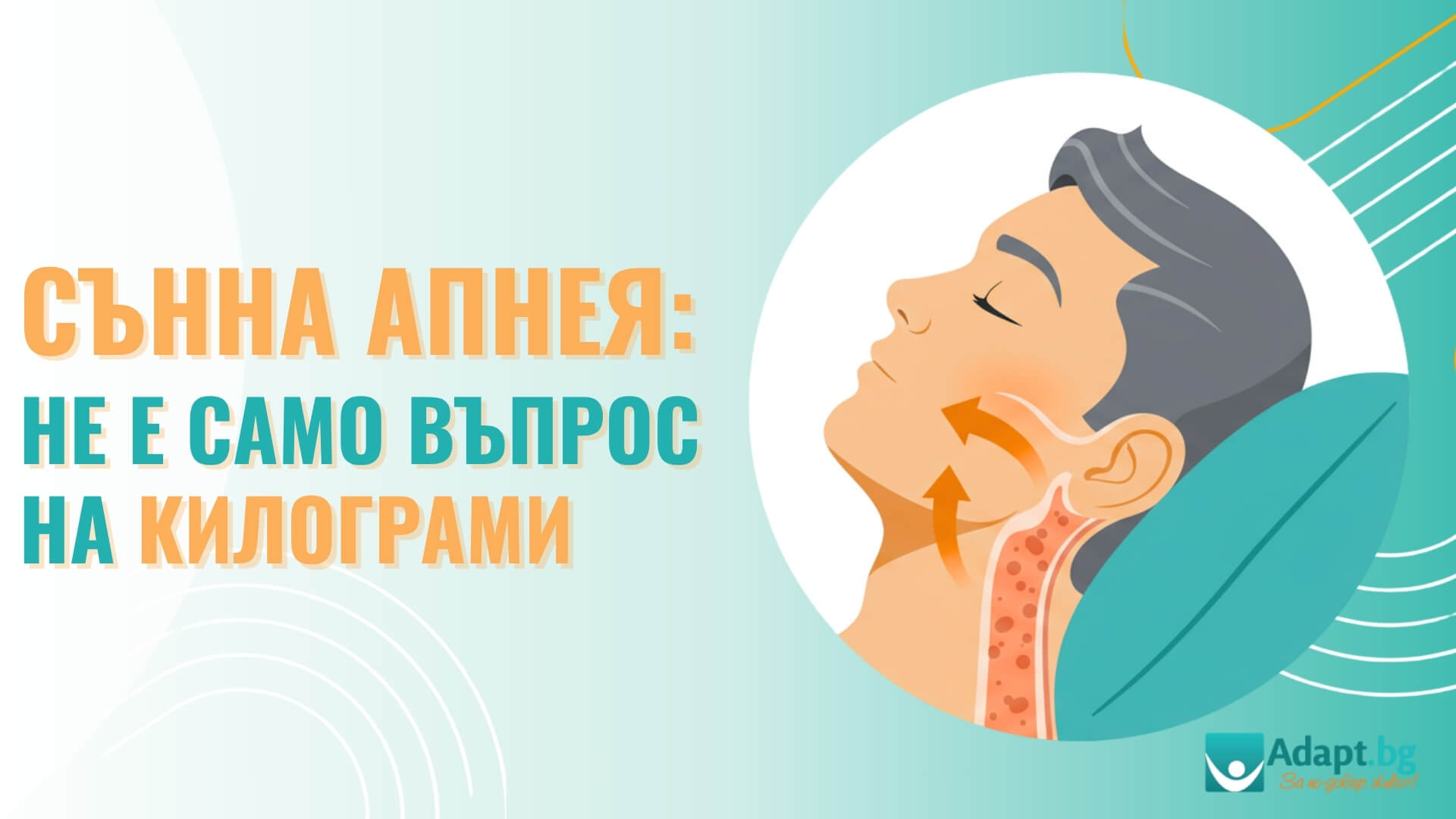
Sleep apnea is only a problem for overweight people. The largest study to date shatters this myth.
When we hear "sleep apnea," our minds almost automatically picture an overweight person who snores loudly. For years, obesity has been pointed to as the primary and almost exclusive risk factor for this insidious condition. But what if you learned that almost half of the people with sleep apnea are actually NOT obese? A new, large-scale study, published in the prestigious journal eClinicalMedicine, shakes the foundations of these outdated beliefs and changes the way we should think about diagnosis.
The results are conclusive: if you are thin or of normal weight but feel constantly tired and snore, you could be among the millions of people whose condition remains undiagnosed because you don't fit the stereotype.
The Myth of Weight and the Reality According to Science
In the largest epidemiological study on the topic to date, scientists analyzed data from over 12,800 people. The results were more than telling:
- Of all participants diagnosed with sleep apnea, only 31% were obese (BMI over 30).
- It turns out that almost half (44%) of people with sleep apnea are overweight but not obese, and nearly a quarter (24%) are of a completely normal weight.
"The notion that sleep apnea is an exclusive problem of obese people is outdated and dangerous. It leads to a massive underestimation of the risk and missed diagnoses for millions of people."
How Is This Possible? It's Not Just About the Kilos
While the accumulation of fatty tissue around the upper airways is a major risk factor, there are many other reasons that can lead to the collapse of the airways during sleep, even in thin people:
- Anatomical features: A small or recessed lower jaw, a large tongue, enlarged tonsils, or specific facial bone structure can narrow the space for air to pass to the lungs.
- Reduced muscle tone: In some people, the muscles that keep the airways open during sleep are more relaxed.
- Unstable respiratory control: A problem in the communication between the brain and the respiratory muscles.
This means that a person can be athletic and in perfect shape, but if they have some of these anatomical predispositions, they are just as much at risk for sleep apnea.
The Invisible Risk and Why It's Important to Detect It
The danger with undiagnosed sleep apnea in people of normal weight is that their symptoms are often ignored, both by themselves and sometimes by doctors. Fatigue is attributed to stress, snoring to an uncomfortable sleeping position, and no one thinks of apnea because "the patient is thin." Meanwhile, every pause in breathing causes a drop in oxygen levels and drastically strains the cardiovascular system, increasing the risk of high blood pressure, heart attack, stroke, and diabetes.
Easy and Convenient Diagnosis at Home
The good news is that today you don't need to spend a night in a sleep lab to find out if you suffer from sleep apnea. Adapt BG offers modern and comfortable sleep apnea diagnosis at home.
With the help of a compact and easy-to-use device, you can conduct the test in the comfort of your own bed. The results are analyzed by our specialists and give you a clear answer on whether you need treatment.
The Gold Standard in Treatment: Medical CPAP Therapy
Once the diagnosis is made, the "gold standard" for treating obstructive sleep apnea is CPAP therapy. It works as a small, quiet turbine that delivers air under slight pressure through a mask, which prevents the airways from collapsing. The result is immediate—the breathing interruptions disappear, sleep becomes deep and restorative, and daytime fatigue becomes a thing of the past.
Adapt BG is an official representative of ResMed – the world leader in the production of the most advanced and innovative CPAP devices, masks, and accessories.
Adapt BG: Your Partner in Sleep Care
We believe that successful treatment doesn't end with the purchase of a device. That's why we offer comprehensive care for every patient:
- Free Consultations: Our specialists will answer all your questions and help you choose the most suitable device and mask.
- Full Range of Masks and Accessories: We offer all the most popular mask models to find the most comfortable one for you.
- Therapy Monitoring: Using modern technologies, we monitor your therapy remotely and optimize it as needed.
- Service and Maintenance: We provide full maintenance and service for your equipment.
Don't Trust the Stereotypes
The new study clearly shows that sleep apnea doesn't care about your weight. If you snore, wake up tired, have high blood pressure, or just feel that your sleep is not restful—do not ignore these signs. Take the first step toward better health and more energy.
Did you know...
One of the biggest health stereotypes ever debunked is the myth that "if it doesn't hurt, nothing is wrong." This misconception is the most insidious enemy of prevention and timely treatment.
Examples:
- Arterial hypertension (high blood pressure) doesn't hurt. It silently damages arteries for decades until it manifests as a massive heart attack or stroke.
- High cholesterol doesn't hurt. It silently builds up plaque in the vessels, narrowing them slowly but surely.
- Type 2 diabetes in its early stages doesn't hurt. High blood sugar damages nerves, kidneys, and eyes, often before any clear symptom appears.
Article Source:
Esmaeili, N., Gell, L., Imler, Theo, et al. (2025). The relationship between obesity and obstructive sleep apnea in four community-based cohorts: an individual participant data meta-analysis of 12,860 adults. The Lancet. doi:10.1016/j.eclinm.2025.103221.
Date: 08 Aug 2025


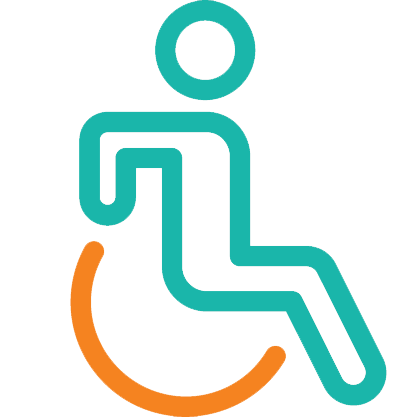
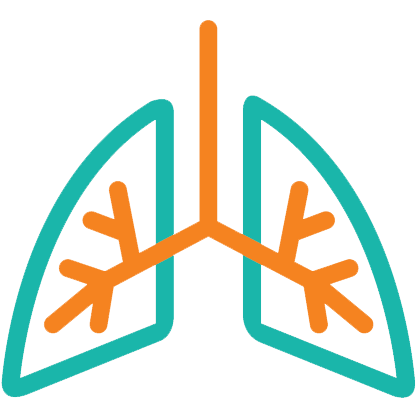
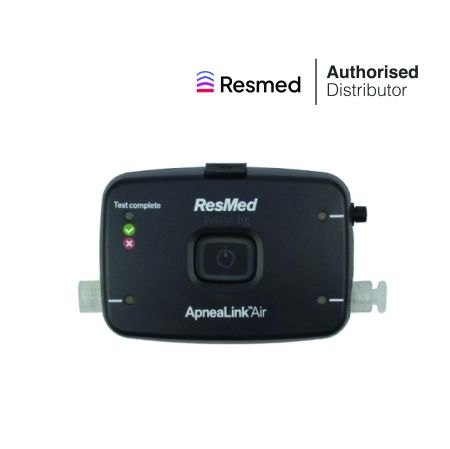
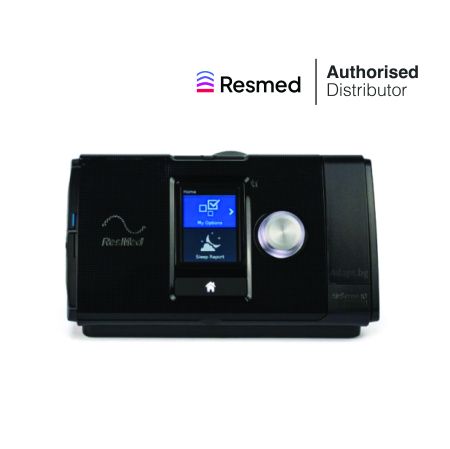
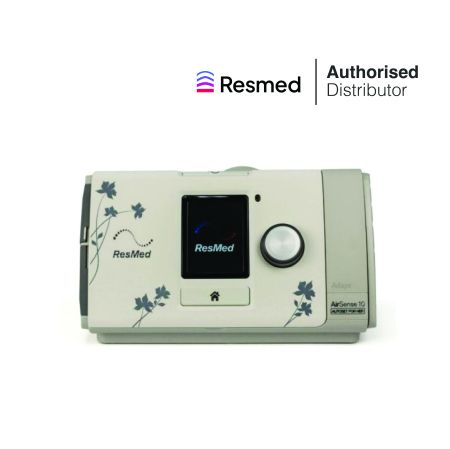
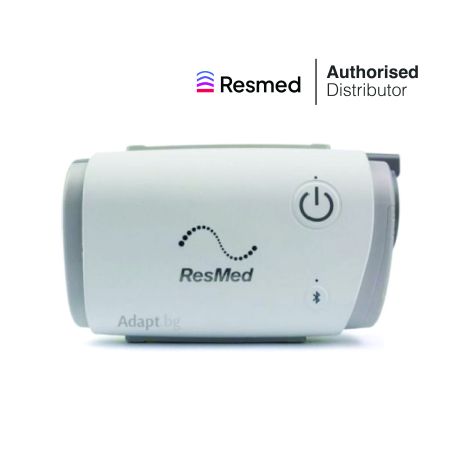
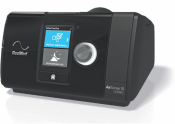
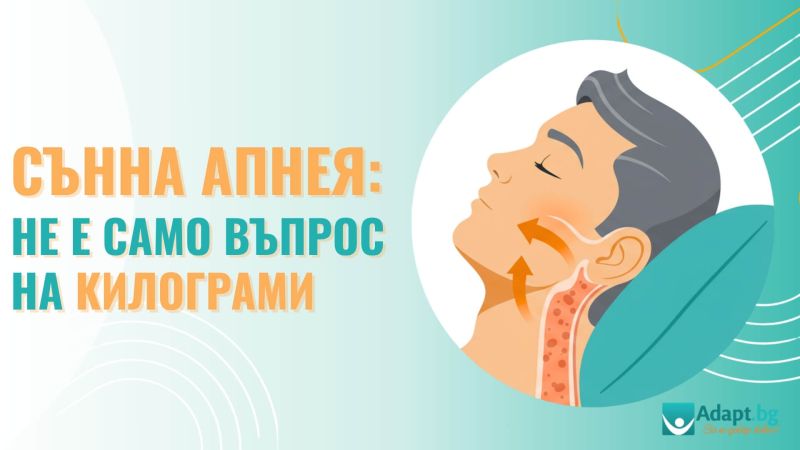
Post comment